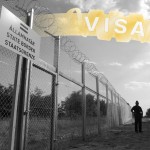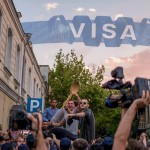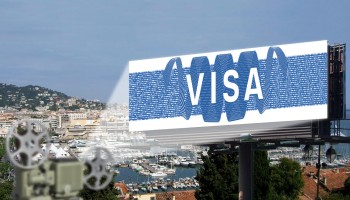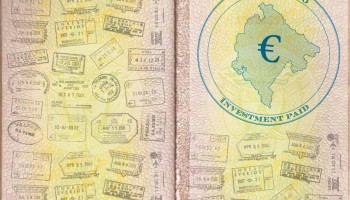If you could live anywhere in the world, where would you choose?
It’s a game we’ve all played, as kids on a summer afternoon or in late-night chats with adult friends. For a growing number of rich people, the game is real.
Golden Visas, born more than 30 years ago as a way to pump money into the faltering economy of the Caribbean island nation of St. Kitts and Nevis, have mushroomed into a secretive, multi-billion-dollar global industry involving more than 20 countries.
It’s hard to be precise about what constitutes a Golden Visa program, because the rules vary from country to country and most governments try to keep the details under wraps.
But the underlying premise is simple: For a sizeable investment, wealthy people can zip to the front of the immigration line for a growing list of attractive countries, including some in the European Union and the United States.
Proponents say this reflects the dawn of a truly universal society as “global citizens” enjoy the freedom of choosing where to live, how to travel, and where to invest.
Critics say the system is vulnerable to corruption and outrageously unfair, offering the rich a freedom of movement denied to millions of refugees living in desperate circumstances -- and all too often letting them evade taxes along the way. They also note that the refugee crises are caused by the very same autocratic leaders and corrupt officials who use Golden Visa programs.
Investigators add that second or third passports are very useful tools for criminals, tax evaders, and money launderers who may need new identities or bolt-holes on short notice, as well as complaisant banking systems, accountants, and law firms to help handle money that can’t be easily explained.
Reporters for OCCRP, working in partnership with Transparency International, took a look at how a dozen countries are handling Golden Visa programs and found common themes of secrecy, money, and insider deals that benefit those connected to power.
This story was produced as part of the Global Anti-Corruption Consortium, a partnership between OCCRP and Transparency International.







